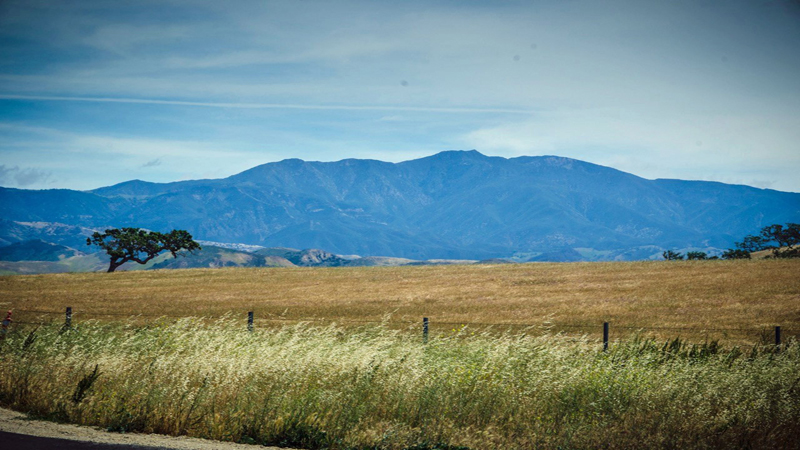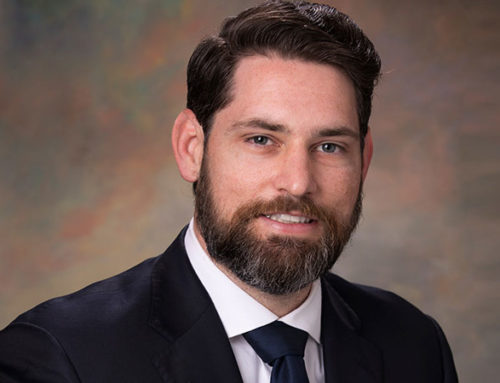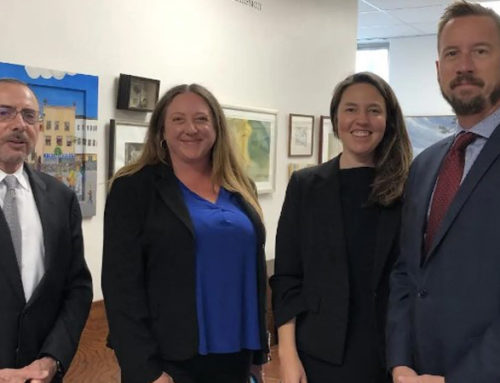On February 13, 2019, U.S. District Court Judge Stephen Wilson found that the 2017 decision to take the land known as “Camp 4” into trust for the Santa Ynez Band of Mission Indians (the Band”) was unlawful. Crawford-Hall et al. v. United States of America et al., 2:17-cv-01616-SVW-AFM (U.S. District Court, C.D. Cal.)
Camp 4 was purchased by the Band in 2010, and is comprised of over 1,400 acres in rural Santa Ynez Valley. The land had been dedicated to low density agriculture under a specific community plan that took several years to develop after many meetings with Santa Ynez Valley residents, and under California’s Williamson Act. In 2013, the Band filed an application with the Bureau of Indian Affairs (“BIA”), asking the BIA and the Department of the Interior (“DOI”) to take the land into trust under the Indian Reorganization Act. This would allow the Band to avoid all local and State land regulations, while it developed a high-density housing and tribal facility plan. The BIA conducted an Environmental Assessment, but did not perform a complete Environmental Impact Report. It then issued a Finding of No Significant Impact (“FONSI”), and a 2014 Notice of Decision to take Camp 4 into trust.
Plaintiff Anne Crawford-Hall filed an administrative appeal of the 2014 Decision. Crawford-Hall’s family had previously owned Camp 4, and her properties sit directly across the street from Camp 4.
Under DOI regulations, Assistant Secretary-Indian Affairs (“AS-IA”) Kevin Washburn took over the administrative appeals. However, Washburn resigned in 2015. His “first assistant,” Principal Deputy AS-IA Lawrence Roberts became the acting AS-IA, and held that position for 210 days under federal law. After the end of the “acting” period, Roberts reverted to his former “first assistant” position as Principal Deputy AS-IA.
President Trump was elected in November 2016. On January 19, 2017, the last day of the prior administration, Principal Deputy AS-IA Lawrence Roberts issued the DOI’s decision, affirming the BIA’s 2014 Decision and stating that his decision was “final” for the Department. He then resigned.
Crawford-Hall appealed this 2017 Decision to the U.S. District Court. On February 13, 2019, Judge Wilson found that Roberts, as Principal Deputy, was not authorized to issue a final decision for the DOI. Rather, only the AS-IA had the authority to issue a final opinion for the Department. The Court expressly held that “the United States’ arguments for Principal Deputy Roberts’ authority to issue the 2017 Decision are not rooted in the regulatory language or history and merely amount to a post hoc rationalization for Principal Deputy Roberts’ ultra vires [unlawful] action.”
The Court vacated the 2017 Decision of the Principal Deputy, and vacated the Band’s transfer of Camp 4 to the government. The Court sent the case back to the agency to handle the matter properly, and retained jurisdiction to review their action.
“Crawford-Hall’s success in this litigation was of enormous benefit to the entire valley, and she is to be commended for single-handedly fighting the entire U.S. government to preserve the natural beauty of the valley,” says Barry Cappello, managing partner of Cappello & Noël LLP who is representing Crawford-Hall.
“Our client didn’t want to watch as this agricultural valley became filled with casinos and high rise hotels,” says Wendy Welkom, an attorney at Cappello & Noël who worked on the case.






